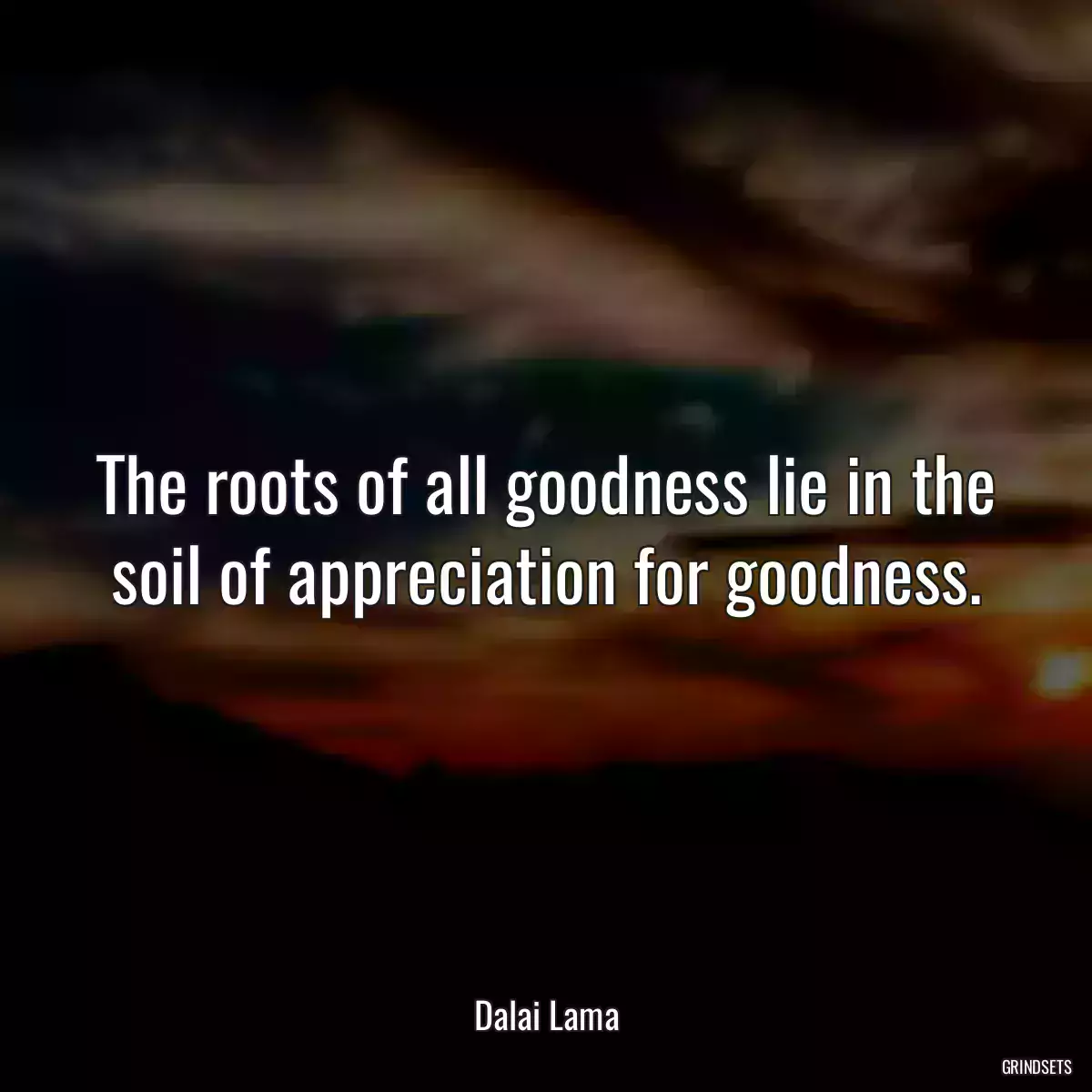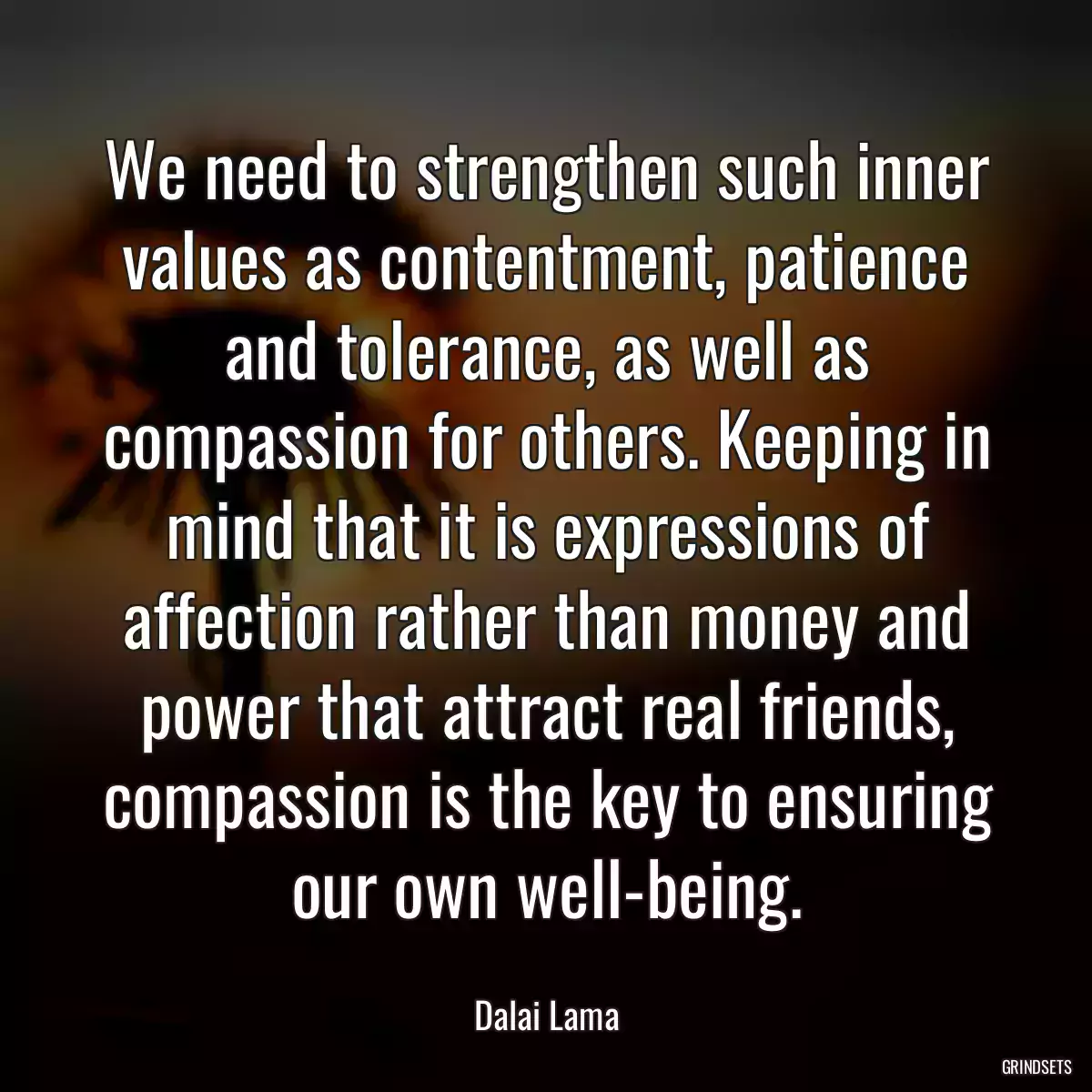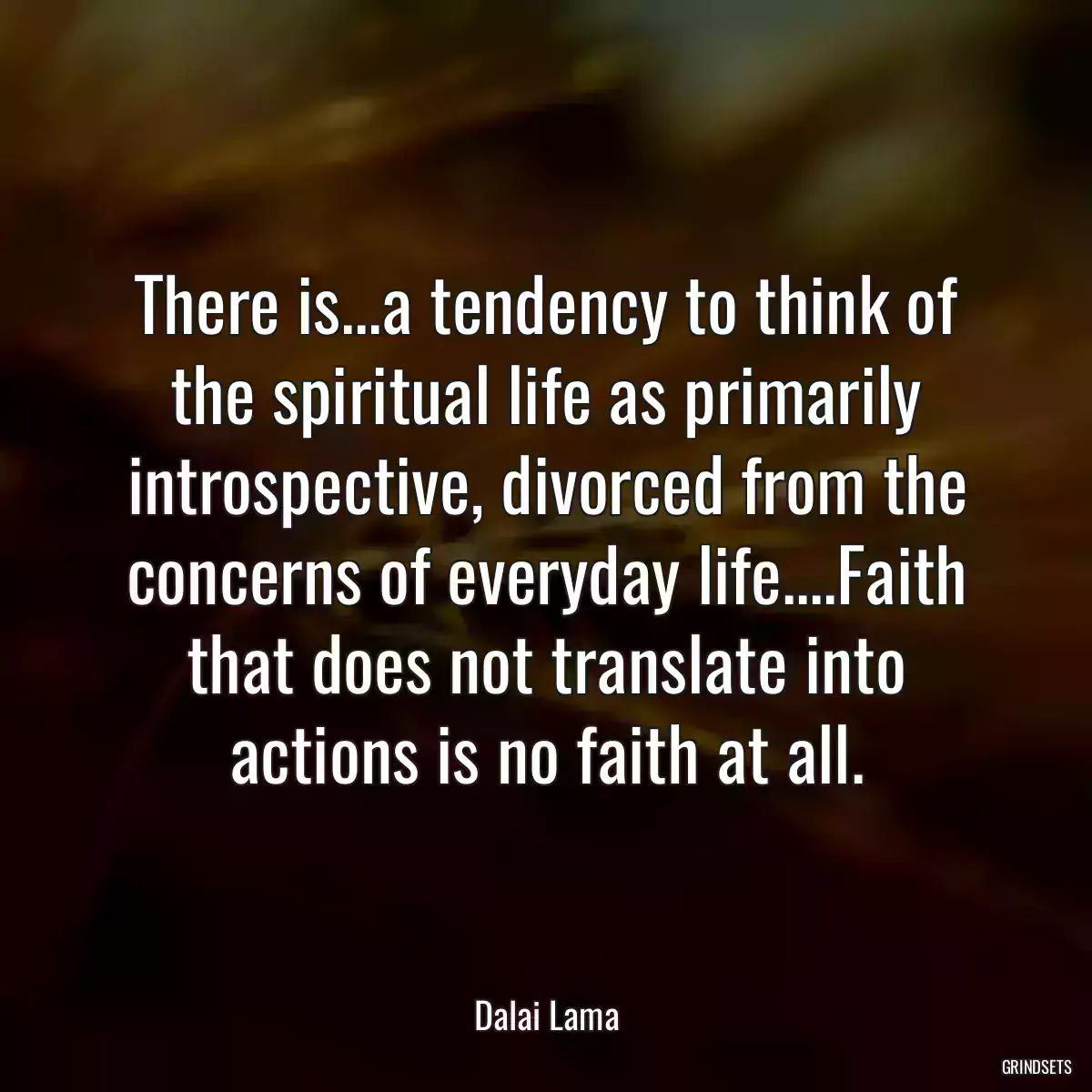
Quotes Dalai Lama - page 15
Find dozens of Dalai Lama with images to copy and share.

We human beings are social beings. We come into the world as the result of others’ actions. We survive here in dependence on others. Whether we like it or not, there is hardly a moment of our lives when we do not benefit from others’ activities. For this reason, it is hardly surprising that most of our happiness arises in the context of our relationships with others.
According
to my own experience, the highest level of inner calm comes from the
development of love and compassion. The more concerned we are with the
happiness of others, the more we increase our own well-being.
Friendliness and warmth towards others allow us to relax and help us to
dispel any sense of fear or insecurity so we can overcome whatever
obstacles we face.
To be kind, honest and have positive thoughts; to forgive those who harm us and treat everyone as a friend; to help those who are suffering and never to consider ourselves superior to anyone else: even if this advice seems rather simplistic, make the effort of seeing whether by following it you can find greater happiness.
You may also like
I pray for a more friendly, more caring, and more understanding human family on this planet. To all who dislike suffering, who cherish lasting happiness, this is my heartfelt appeal.
When something needs to be done in the world to rectify the wrongs, if one is really concerned with benefiting others, one needs to be engaged, involved. This is action out of compassion.
The mind is key. If anything should be considered a god, so to speak, it is the mind, not money. A healthy positive mind is the utmost priority. But if we were to reverse the order of these priorities, what would happen? I find it hard to imagine how a person with great wealth, bad health, no friends, and no peace of mind could feel even slightly happy.
Every morning when I wake up, I dedicate myself to helping others to find peace of mind. Then, when I meet people, I think of them as long term friends; I don't regard others as strangers.
We need to take action to develop compassion, to create inner peace within ourselves and to share that inner peace with our family and friends. Peace and warm-heartednes s can then spread through the community just as ripples radiate out across the water when you drop a pebble into a pond

In our concern for others, we worry less about ourselves. When we worry less about ourselves an experience of our own suffering is less intense. What does this tell us? Firstly, because our every action has a universal dimension, a potential impact on others' happiness, ethics are necessary as a means to ensure that we do not harm others. Secondly, it tells us that genuine happiness consists in those spiritual qualities of love, compassion, patience, tolerance and forgiveness and so on. For it is these which provide both for our happiness and others' happiness.
One can be deceived by three types of laziness: of indolence, which is the wish to procrastinate; the laziness of inferiority, which is doubting your capabilities; and the laziness that is attachment to negative actions, or putting great effort into non-virtue.
Within the framework of the Buddhist Path, reflecting on suffering has tremendous importance because -realizing the nature of suffering, you will develop greater resolve to put an end to the causes of suffering and the unwholesome deeds which lead to suffering. And it will increase your enthusiasm for engaging in the wholesome actions and deeds which lead to happiness and joy.
The universe that we inhabit and our shared perception of it are the results of a common karma. Likewise, the places that we will experience in future rebirths will be the outcome of the karma that we share with the other beings living there. The actions of each of us, human or nonhuman, have contributed to the world in which we live. We all have a common responsibility for our world and are connected with everything in it.
When the days become longer and there is more sunshine, the grass becomes fresh and, consequently, we feel very happy. On the other hand, in autumn, one leaf falls down and another leaf falls down. The beautiful plants become as if dead and we do not feel very happy. Why? I think it is because deep down our human nature likes construction, and does not like destruction. Naturally, every action which is destructive is against human nature. Constructiveness is the human way. Therefore, I think that in terms of basic human feeling, violence is not good. Non-violence is the only way.
Follow the three R's: - Respect for self. - Respect for others. - Responsibility for all your actions.
Just as ripples spread out when a single pebble is dropped into water, the actions of individuals can have far-reaching effects.
We can live without religion and meditation, but we cannot survive without human affection.
You may also like

Don't let a little dispute injure a great relationship.